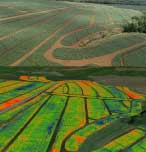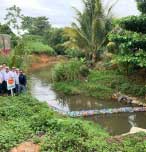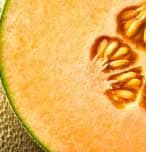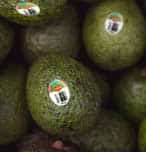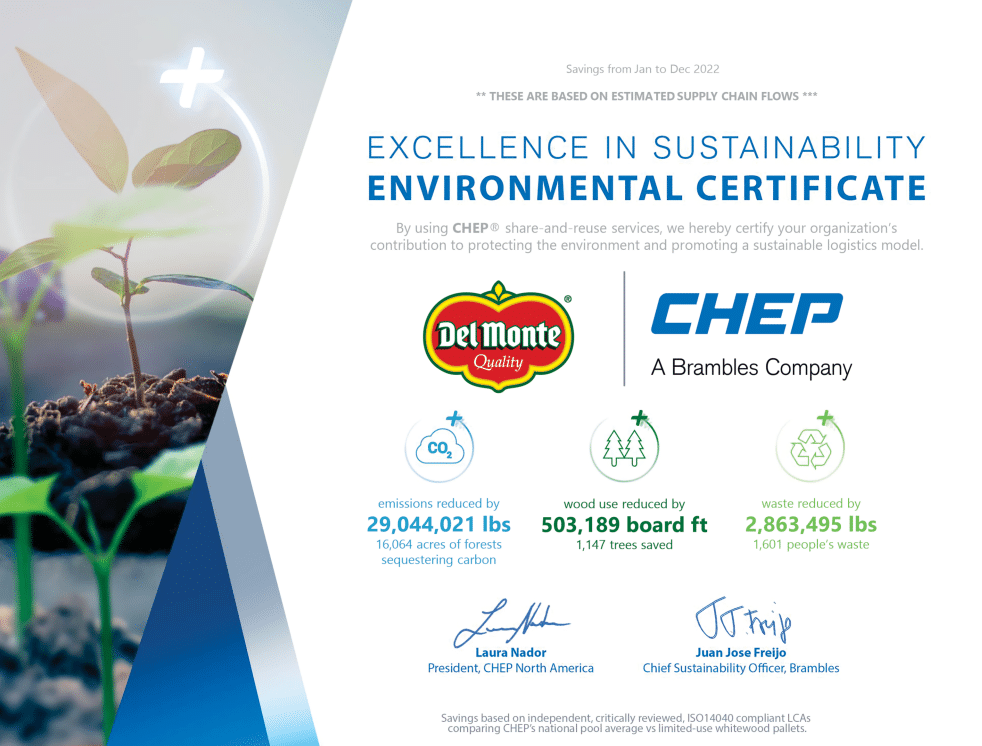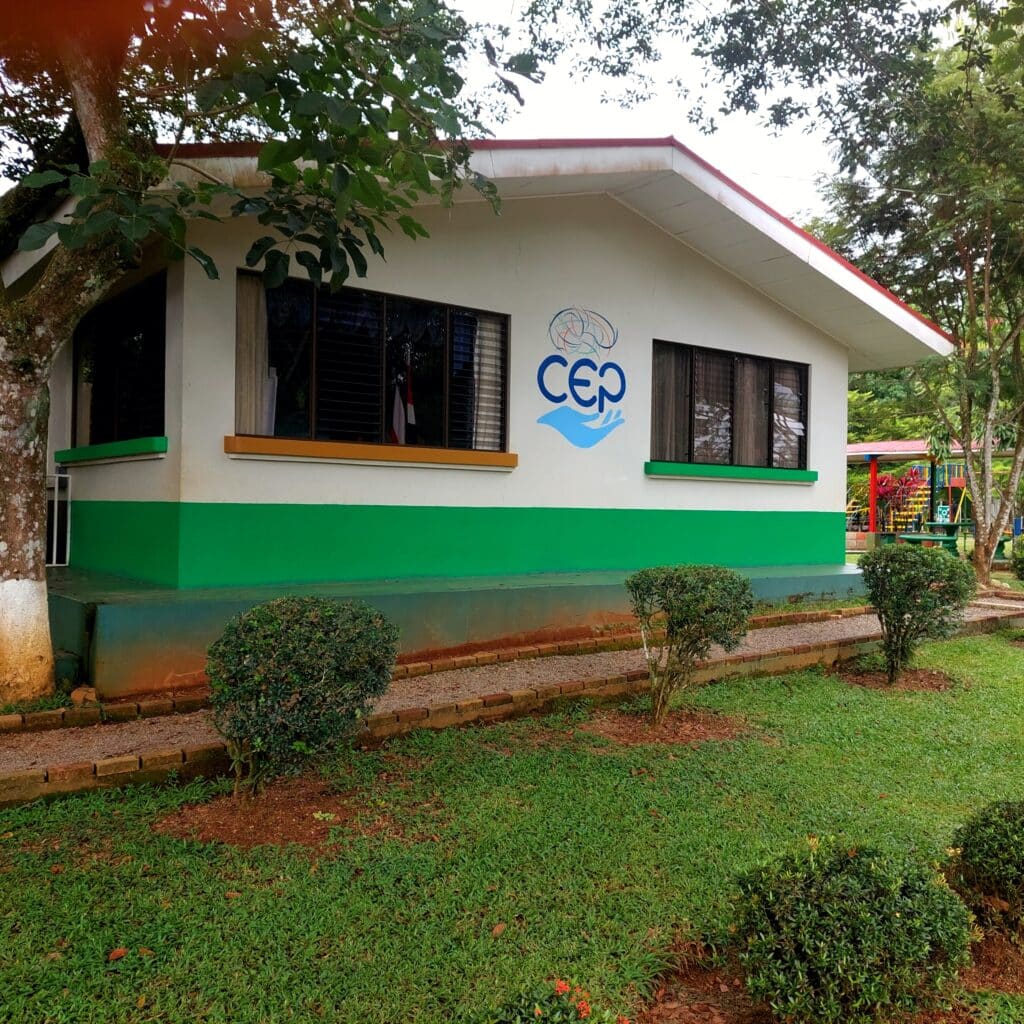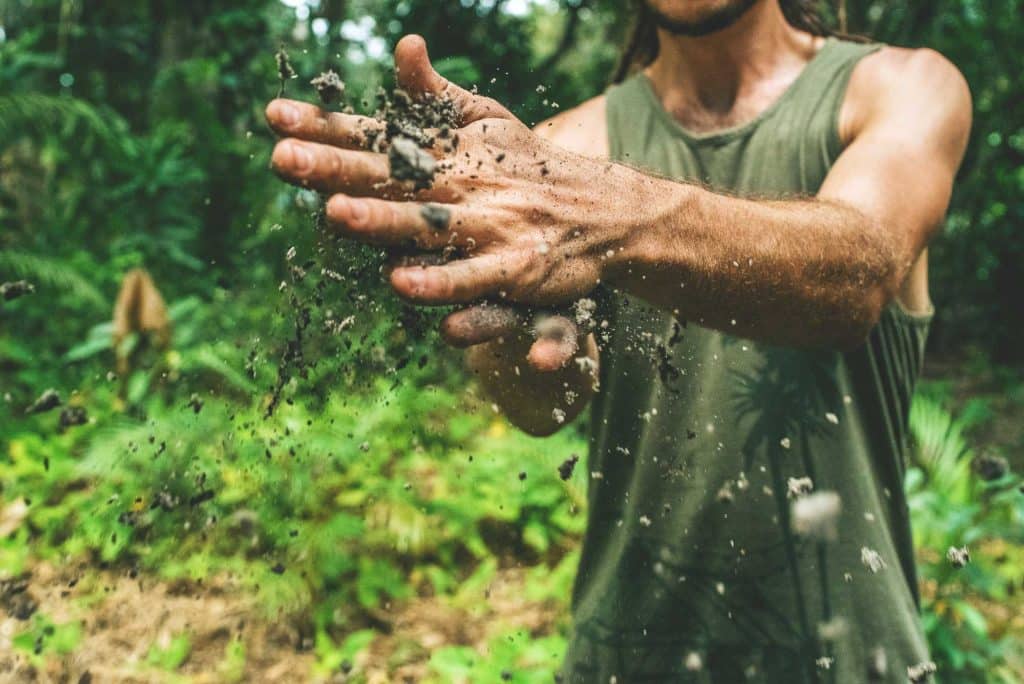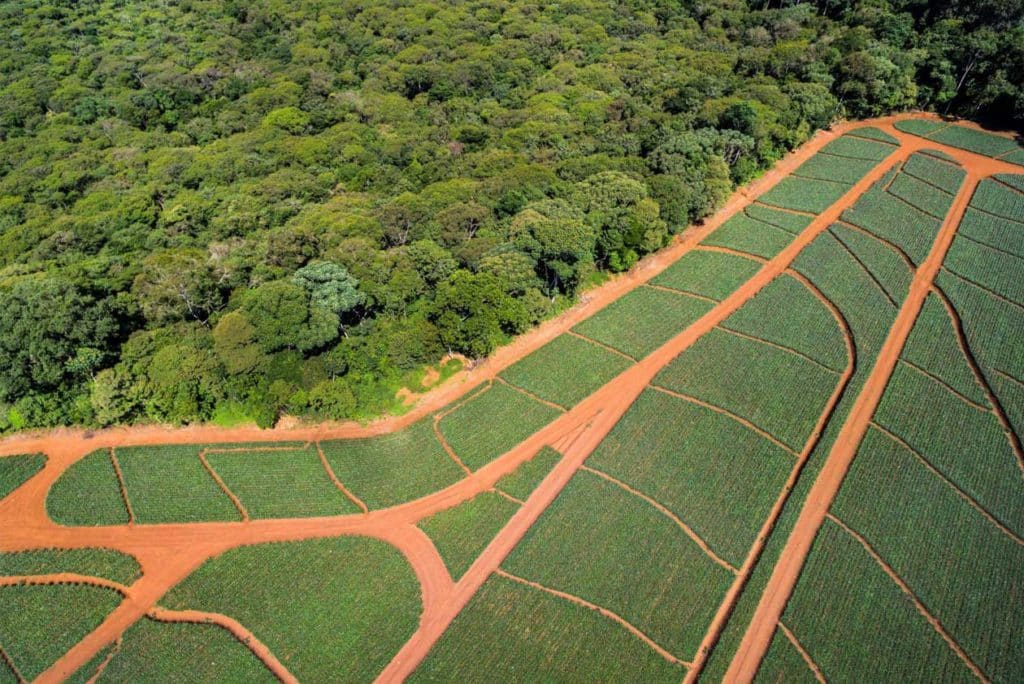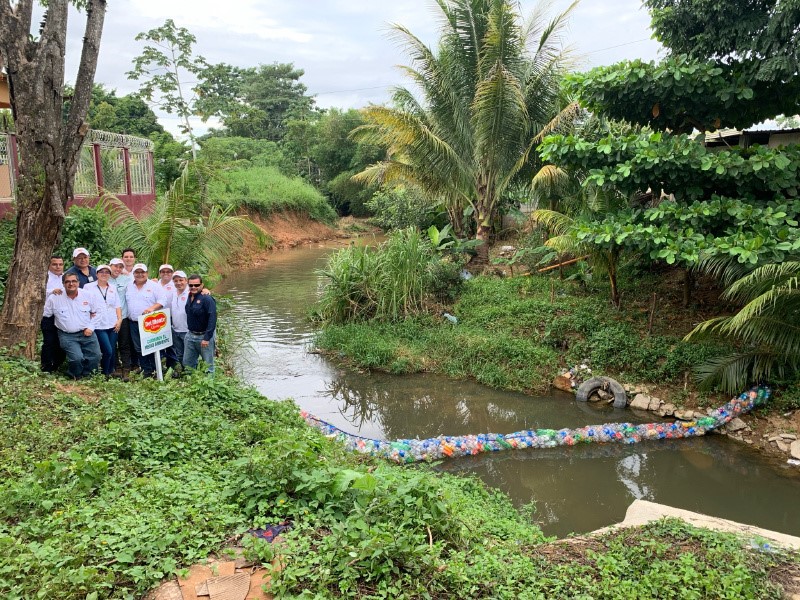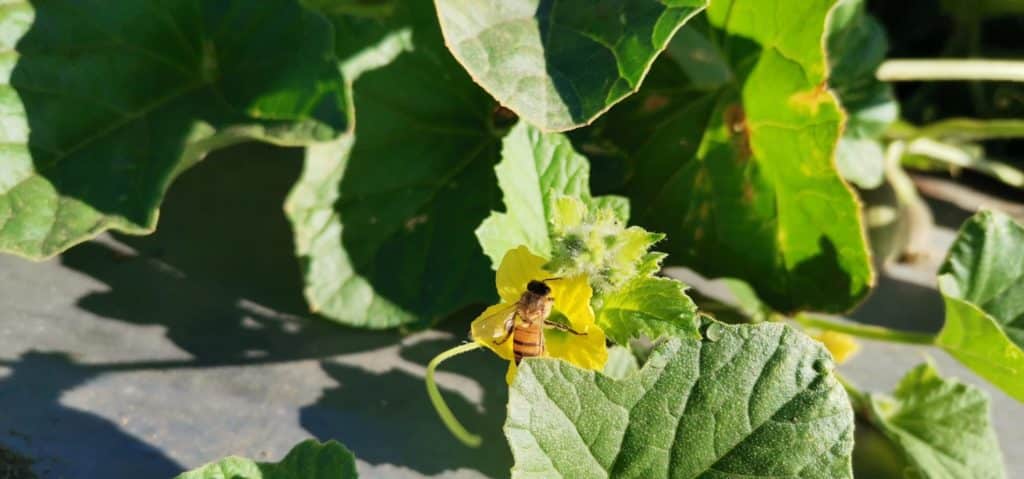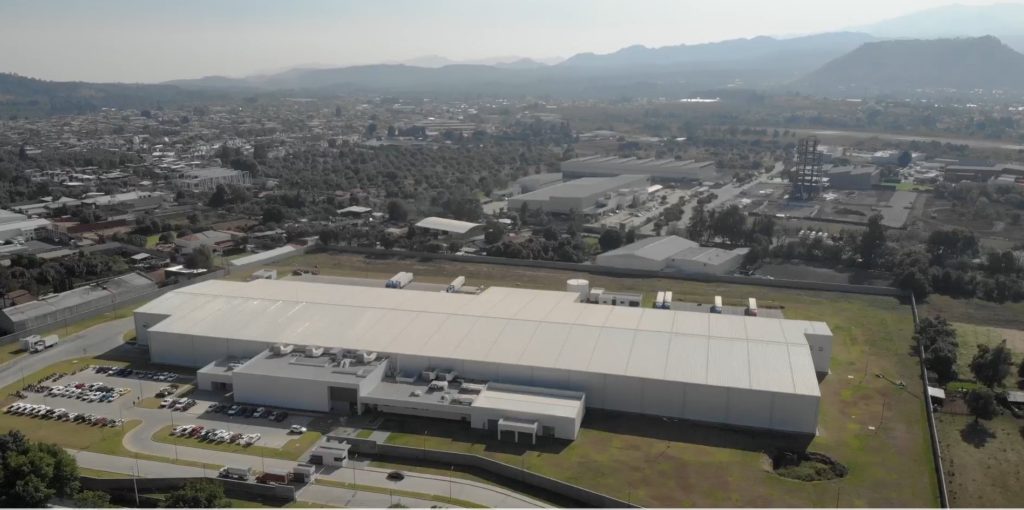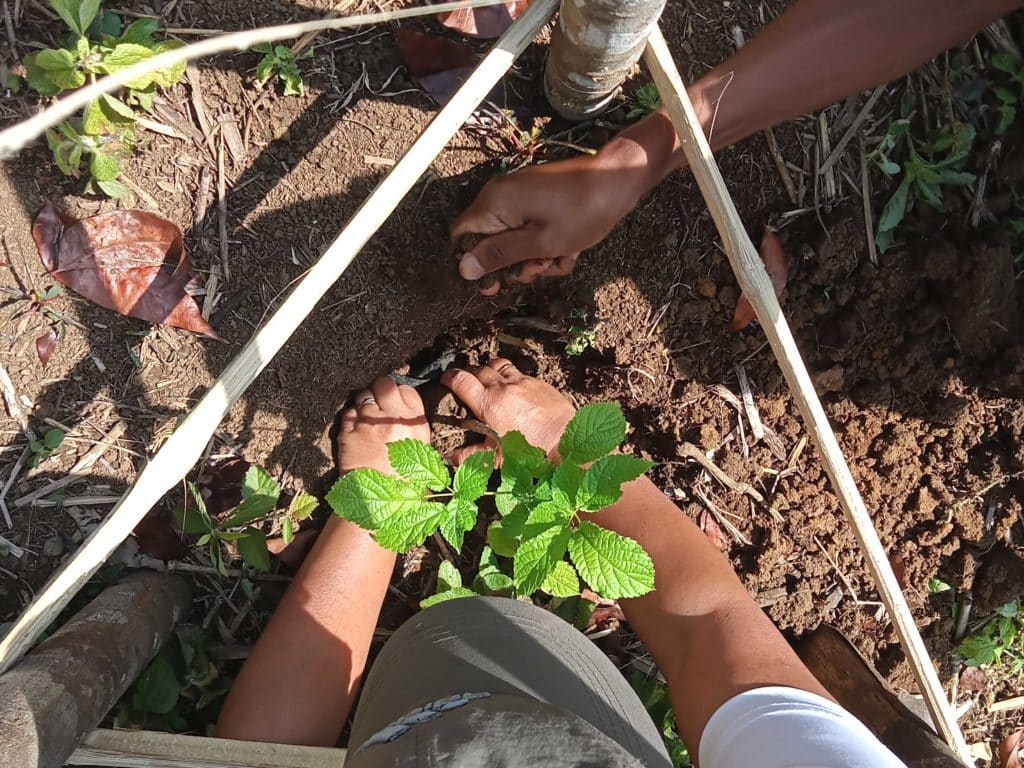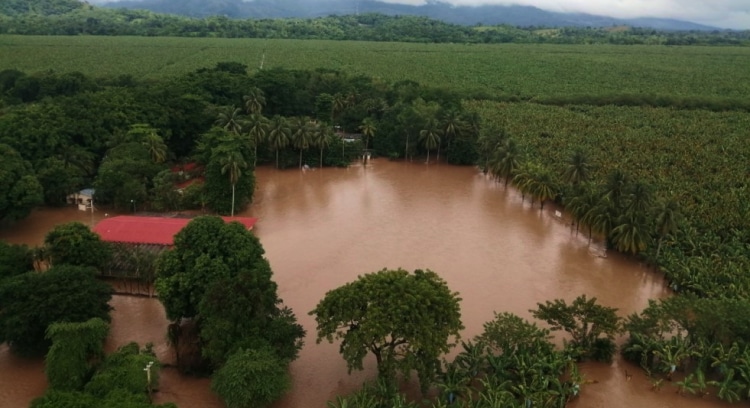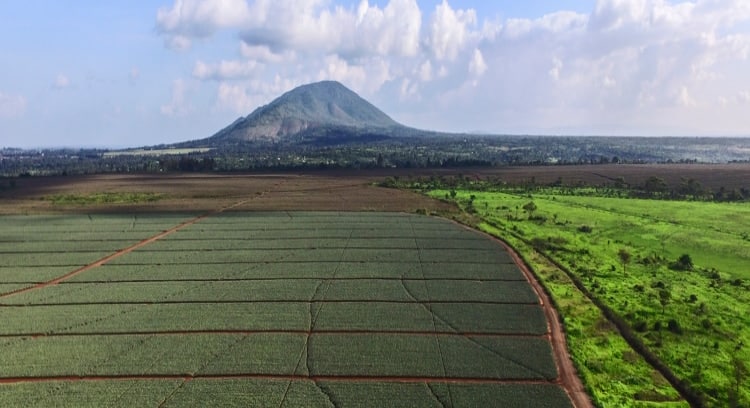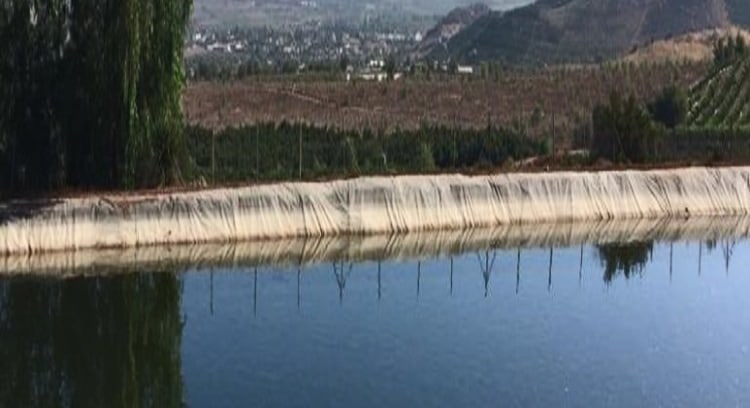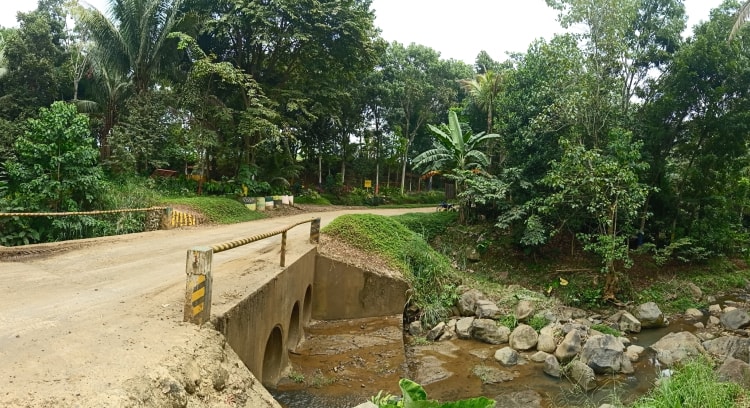Our Approach
We only have one planet where we grow the healthy, nourishing food that feeds the world’s population. Protecting it and its resources is our collective responsibility.
of owned land set aside to preserve biodiversity and protect wildlife
of pineapples grown on our owned farms and sold in North America and Europe come from carbon neutral farms.
trees planted since 2016 (and growing!).
We see
the impact of climate change
We’ve committed to reducing absolute scope 1 and 2 greenhouse gas emissions by 27.5% by 2030 (from a 2019 base year) and reducing absolute scope 3 GHG emissions from purchased goods and services, upstream transportation and distribution, waste generated in operations, and employee commuting by 12.3% (from a 2020 base year) by 2030.
In 2022, we reduced scope 1 and 2 greenhouse gas emissions by approximately 26% (compared to 2019 base year). Our emissions reductions targets were approved by the Science Based Target initiative, and we are one of the first agricultural producers to have our targets approved.
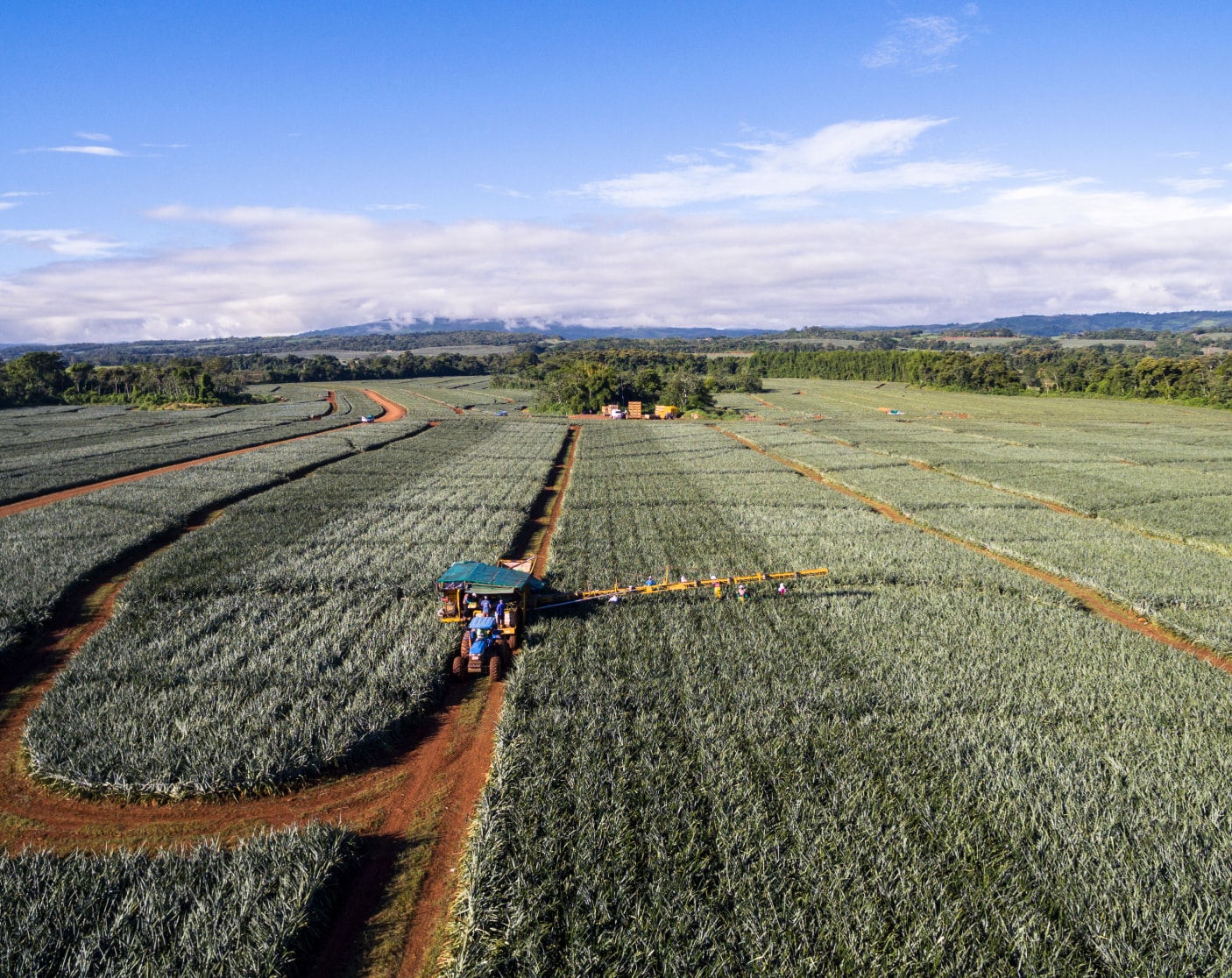
Protecting our water to protect our planet
Conceptualizing water resiliency beyond the boundaries of our own operations is critical, as climate risk and stakeholder actions throughout our watershed will have an impact on our water availability.
We are among 20% of companies in our industry that implement current best practices having received an A- CDP score in water, with an average of B- in North America.
Explore our global watersheds
Motagua
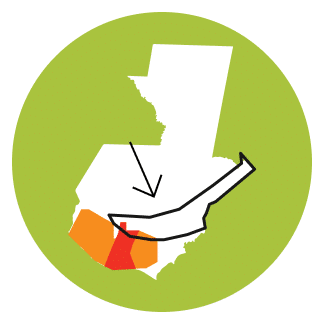
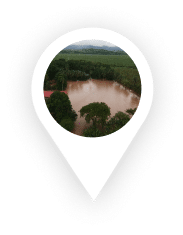
Tana
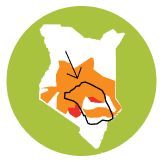
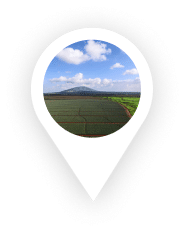
Piranhas - Açu

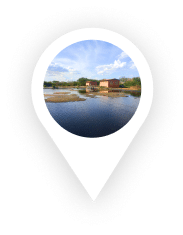
Limari, Biobio, and Rapel
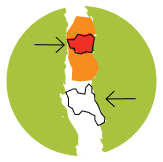
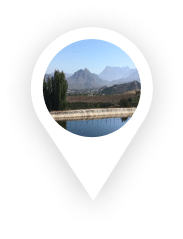
Cagayan de Oro, Manupali
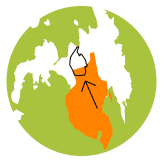
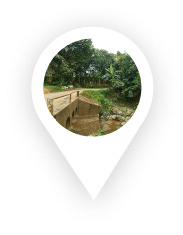





A look into our sustainability program
At Fresh Del Monte, sustainability isn’t just a word, it’s woven into every fiber of our business. Take a look into our sustainability efforts and how we’re working to conserve biodiversity, reduce our impact on climate change, and partner with communities around the world to create A Brighter World Tomorrow®.
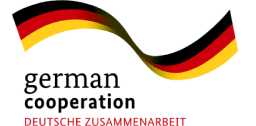
We’ve always been farmers at heart

2020
Became the first global marketer of fruits and vegetables to commit to the Science Based Targets initiative in order to reduce our carbon footprint to assist with limiting global
warming to well below 2 °C.

2018
Performed our first species inventory at our Zapote Reserve, located in the province of Heredia in Costa Rica.
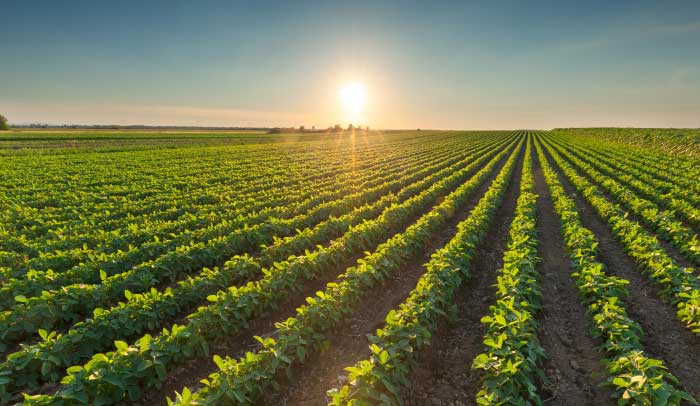
2017
Fresh Del Monte Produce Holland joins the Sustainability Initiative Fruits and Vegetables (SIFAV).

2017
Launched our Network Shipping Impact Project to update our Central and South American vessels to be more fuel-efficient.
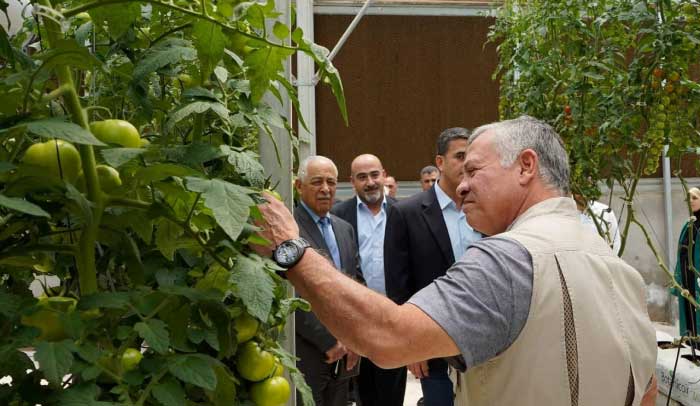
2016
Launched our first hydroponic system at our greenhouse operations in Jordan.

2016
Our operation in Chile receives its first Sustainably Grown Certification from SCS Global Services.

2015
Our banana operation in Costa Rica (BANDECO division) is certified as Carbon Neutral by SCS Global Services.

2014
Adopted Cogon Creek, located in Davao City in the Philippines, which includes quarterly clean-ups and water testing.

2011
Del Monte Kenya Ltd (our division in Kenya) was recognized as a Commended Company by the GBC Business Action on Health Awards for their HIV/AIDS
Workplace Program.

2010
We set our first official global CSR goal: to reduce water and energy consumption by 10 percent in ten years.

2003
El Tigre Refuge, 273 hectares of land in the PINDECO division, is recognized by the Costa Rican Government as a private reserve.

1998
Our pineapple division in Costa Rica (PINDECO) received its first ISO 14001 Certification.
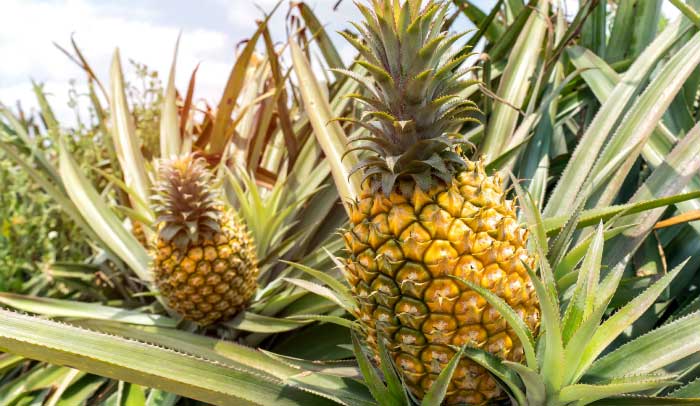
1993
The Pineapple Development Corporation of Costa Rica (PINDECO) started a native tree nursery operation to produce its own trees for donation and internal reforestation.

1993
In an effort to reduce plastic waste during banana production, the Banana Development Corporation of Costa Rica (BANDECO), the Standard Fruit Company of Costa
Rica (a subsidiary of Dole) and YANBER, a plastics manufacturer, launched Recyplast as a joint venture. Recyplast collects plastic from banana farms and recycles it into corner boards which reinforce shipping pallets.

1978
Our predecessors acquired their first lands in Buenos Aires, Costa Rica and founded the Pineapple Development Corporation of Costa Rica (often referred to today as
our PINDECO division). After careful analysis of soil agricultural potential, they began setting aside land to protect and preserve for wildlife.
It starts with the soil
Water stewardship
Water is a vital resource. Our farms, communities, team members, and communities depend on safe and clean water to thrive; our growers rely on clean water to produce crops; and our facilities need clean water to prepare our produce for consumption.
Our approach to water stewardship is grounded in a deep understanding of the local watersheds we operate in. We leverage innovative technologies to efficiencies, like implementing the latest-generation sprinklers and mechanical wells in our irrigation systems.
The air
around us
Agriculture production plays a part in the emission of greenhouse gases. We achieved carbon neutrality at two of our biggest farming operations in Costa Rica through reforestation, protecting ecosystems, and empowering local communities.
To further reduce our reliance on fossil fuels in our global operations, we’re creating and using renewable energy and transporting products on more fuel-efficient vessels.
An entire ecosystem
Our farms are part of a larger ecosystem that we’re committed to conserving. We designate 9,500+ hectares as protected areas, create wildlife corridors for animals to move freely, and reforest areas to protect native species.
Part of our sustainability efforts are to maintain the diversity of species and minimize disruption in entire ecosystems. After all, they’re all connected.
Coming full circle
We started with the soil, went up through the trees, into the air, and are now coming back down to Earth.
Our products need to be packaged, but we still want to reduce our environmental impact. We use packaging made from recycled materials, use reusable containers when possible, and innovative designs to reduce or eliminate unnecessary packaging materials.
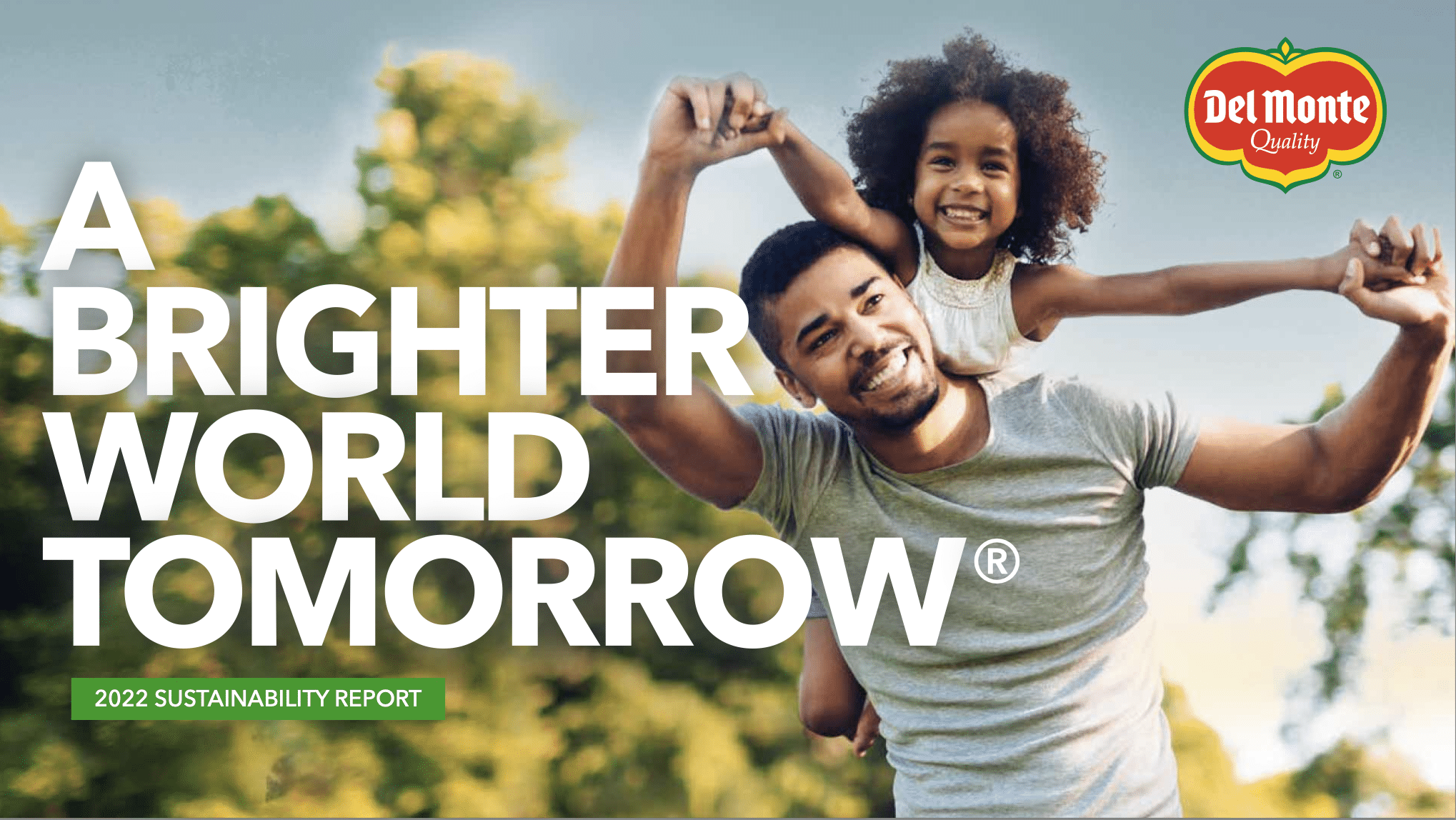
Read more about our sustainability efforts
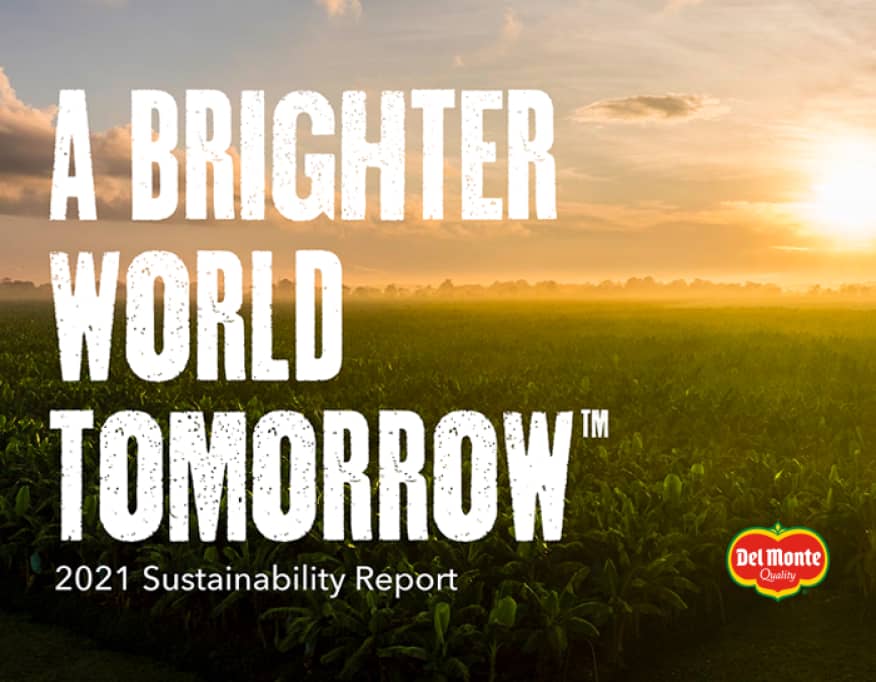
Read more about our sustainability efforts
Fresh from the press
< 1 min read
2 min read
< 1 min read
6 min read
2 min read
< 1 min read
2 min read
2 min read
2 min read
